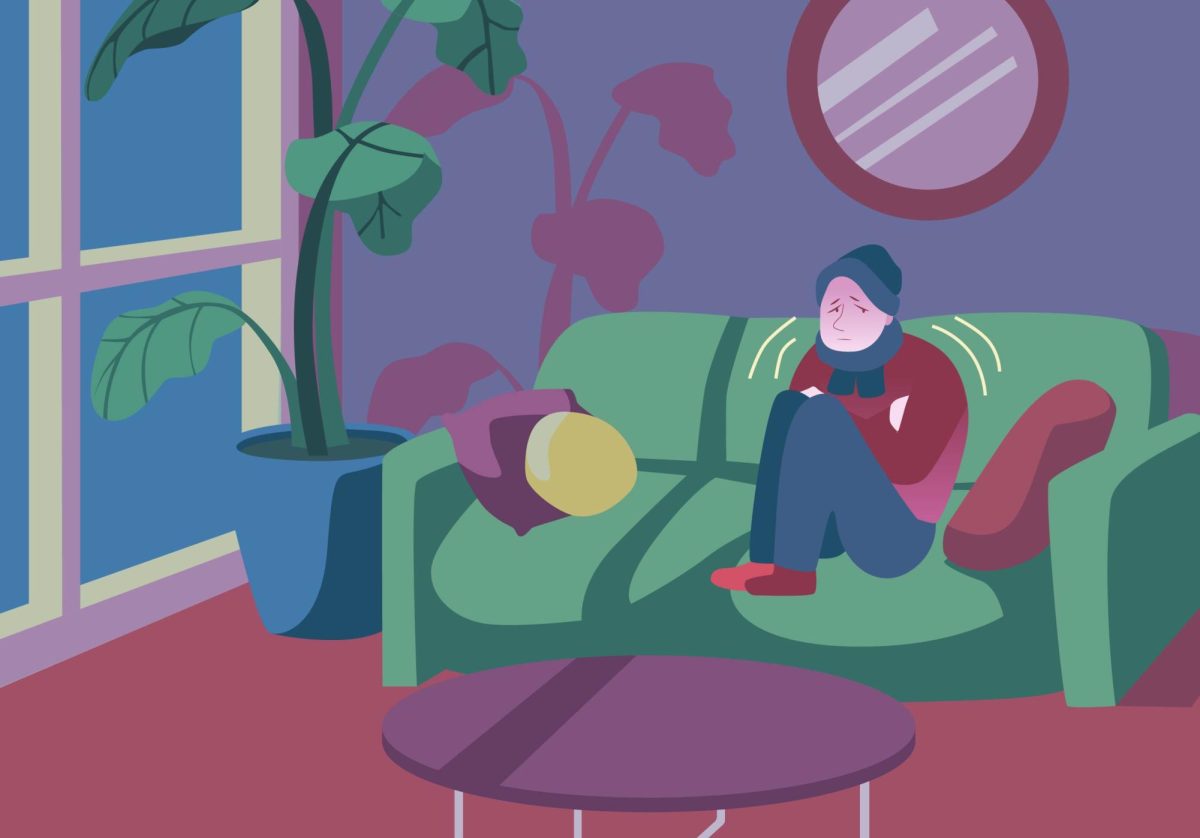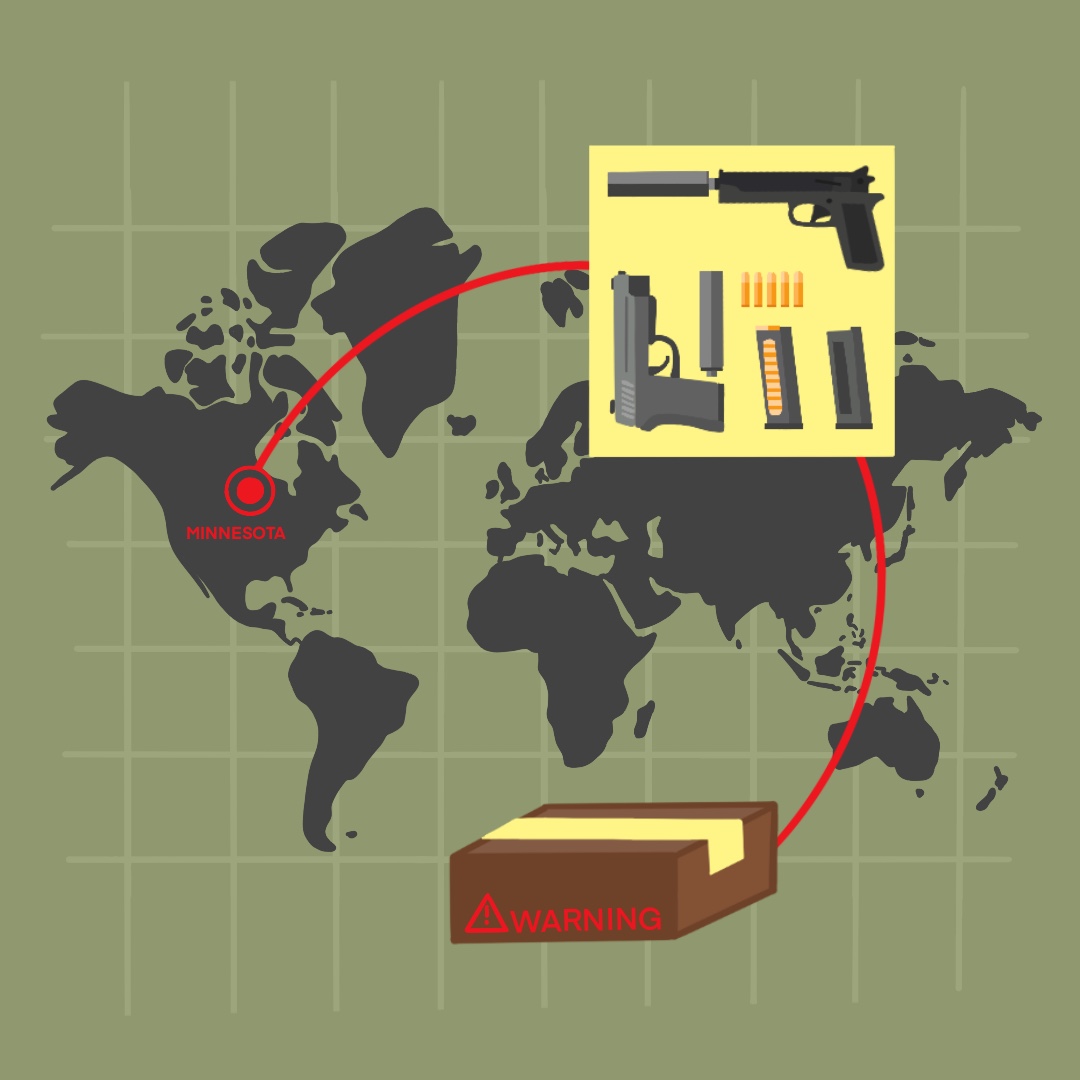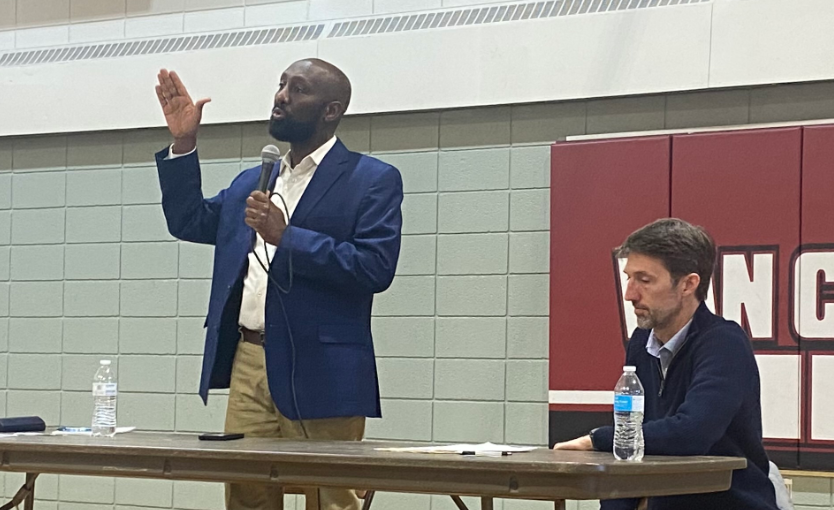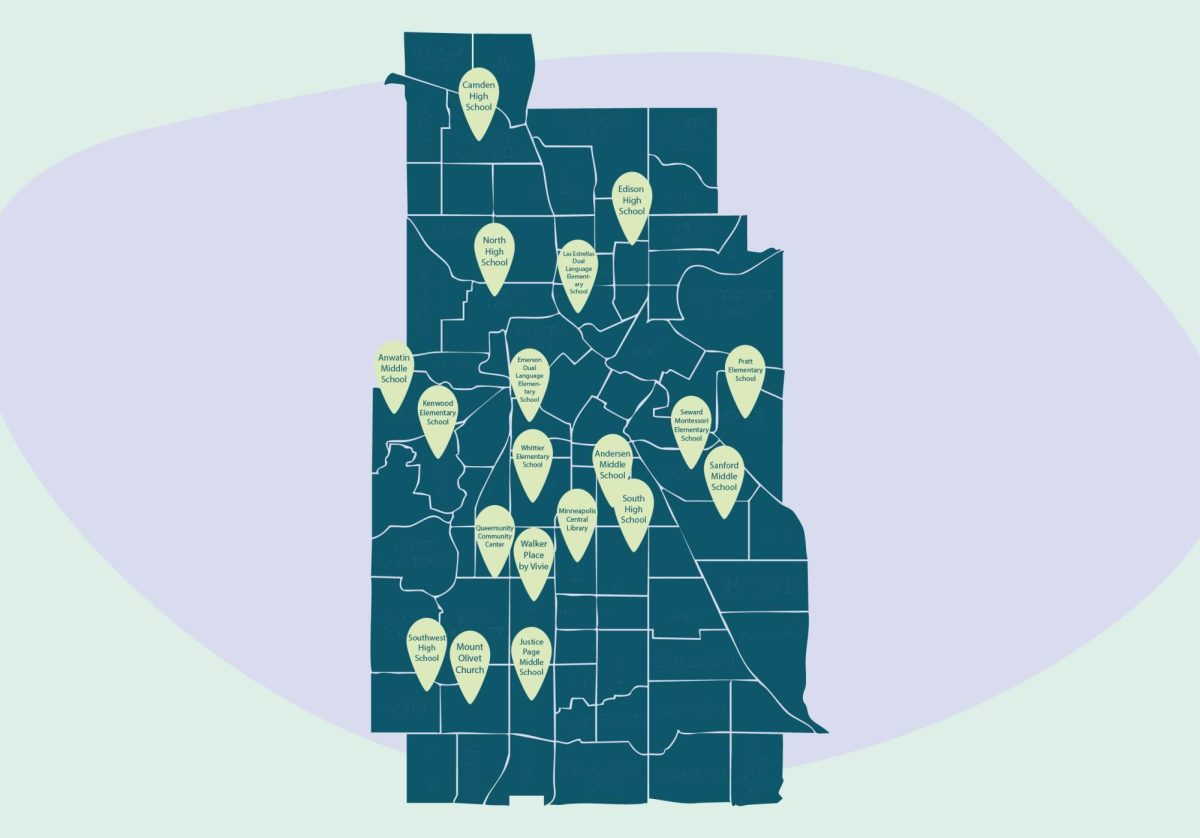Minnesota’s Cold Weather Rule, which prevents utility companies from shutting off customers’ natural gas and electricity, went into effect in October and goes until April 30.
Under the rule, a payment plan is set up between the utility company and the tenant to protect service from disconnection, according to the Minnesota Public Utilities Commission’s website.
The law has existed since Oct. 1, 1983, when an energy crisis made it increasingly difficult for people to pay utilities, Supervisor of Minnesota’s Consumer Affairs Office Anne Thom said. The rule applies to everyone, regardless of income.
“There are special protections for low-income residents, but if you make $250,000 a year, and you find yourself in some circumstance where you’re having difficulty paying that utility bill, you’re also covered by the cold weather rule,” Thom said.
It is the customer’s responsibility to reach out to utility companies to set up a payment plan and the company’s responsibility to maintain it, Thom added.
CenterPoint Energy spokesperson Joshua Solis said this program only applies if the tenant’s name is on the bill.
Rachael Sterling, a spokesperson for Homeline, a renter’s legal advocacy group that offers free legal advice, said the Cold Weather Rule often refers to multiple things in Minnesota, but this one is utility-specific.
“In specific circumstances, the utility companies cannot turn off essentially someone’s utilities during cold weather for lack of payment,” Sterling said.
Sterling said if someone does not set up a payment plan with their utility company, there is a possibility the electric and natural gas will be shut off.
Thom said utility shut-offs can be scary, but tenants should always read their utility bills.
“If they’ve never seen one from the landlord, it’s within their rights right now to ask to see that,” Thom said. “They can always ask to see what the larger bill is for the building and then ask how it’s being apportioned among the tenants.”
A resident protection statute also exists to require utilities to set up payment plans if someone is facing an undercharge, Thom said. Renters are entitled to this too.
“(Tenants) have protection that if they’re not getting help from the utility, the landlord or the third-party biller to come to this Consumer Affairs Office and we can investigate it as a complaint,” Thom said.
Sterling said if any student has housing trouble, University of Minnesota Student Legal Services is a well-versed resource on campus that is involved in many student housing “shenanigans.”
Thom said he encourages anyone having issues with their utility companies to call the Minnesota Public Utility Commission or go to their website.
Thom said heat is more than just an essential in Minnesota; it is a lifesaver.
“(The Cold Weather Rule) is something designed to help the entire population, because there’s nobody here in Minnesota that can go without heat during winter,” Thom said.














